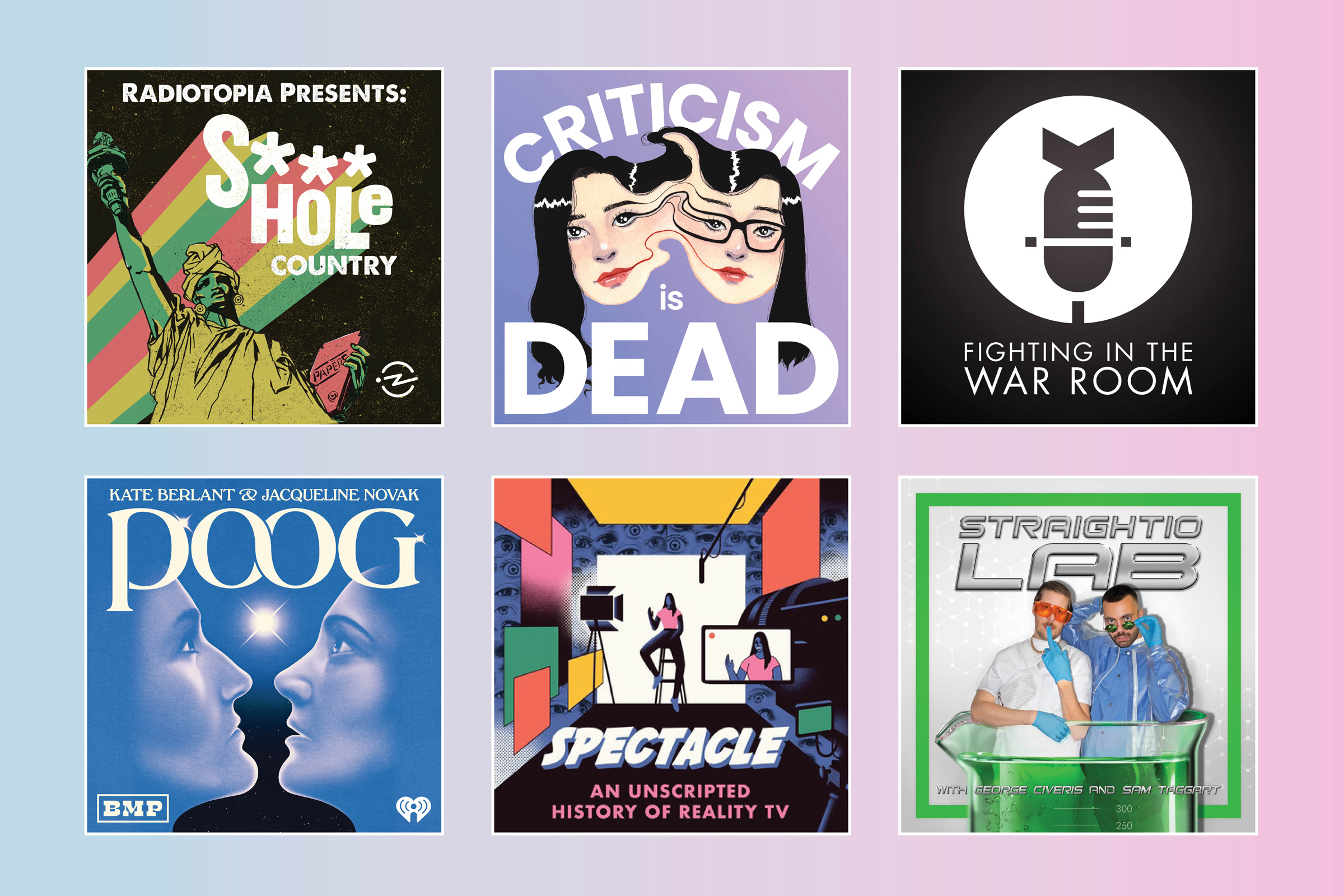
While the ebbs and flows of the various coronavirus variants have wreaked havoc on movie and television production and release schedules, the podcast industry boomed in 2021. After all, you can make a podcast from the comfort of your own home as long as you know your way around some recording equipment. Every hit show has a companion podcast these days. Every politician and celebrity seems to have their own show. Some are striking multimillion dollar deals. Even fictional characters are getting in on the game: I am sorry to report that Carrie Bradshaw has a podcast now.
But good podcasts are awfully hard to produce, and good podcasts that are doing something innovative or unique are near-impossible to find. This year’s best podcasts challenged the status quo: Between laughs, Straightio Lab takes on traditional notions of sexuality and gender. Kara Swisher’s latest venture Sway illuminates the corridors of power and prods the people occupying those hallowed halls. And the excellent audio essays 9/12 and S***hole Country both reexamine the mythos of American exceptionalism.
Of all the podcasts on this list, the ones I returned to every week boasted ideal chemistry between interviewer and guest, host and co-host. Balancing out the ones that made us look at old news in new ways, they kept us distracted and contented with lighthearted debates about the best movies, face masks and pasta shapes of the year. Here are TIME’s 10 best podcasts of 2021.
10. Criticism Is Dead
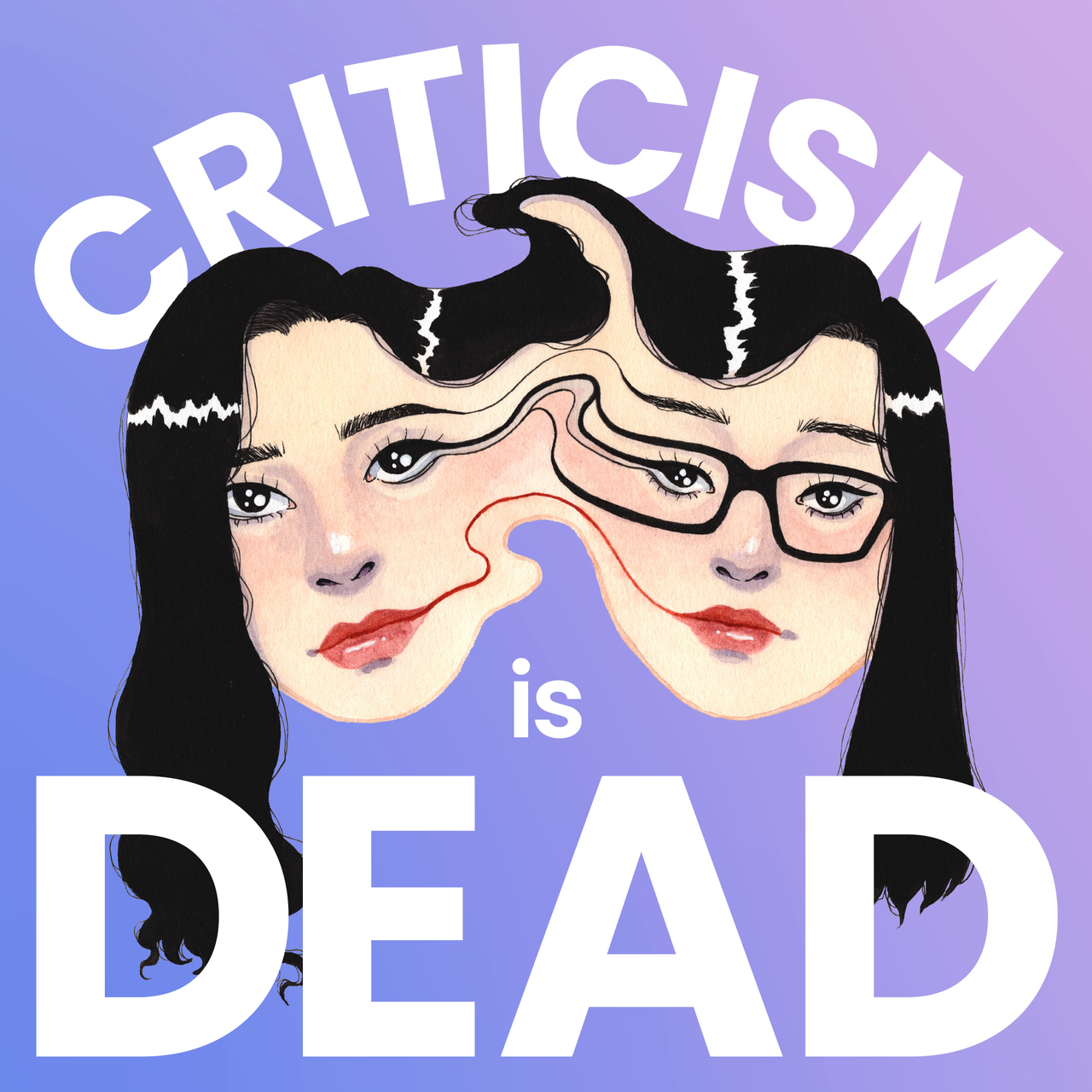
So much pop culture analysis of late veers into either unabashed fandom or reflexive cynicism. Hosts Pelin Ksekin-Liu and Jenny G. Zhang take a more nuanced approach. In each episode they consider seemingly unrelated TV shows, movies or music they’ve been consuming and draw unlikely connections between what’s popular now. The Green Knight and The White Lotus, two notable summer releases, are a world apart (Arthurian legend and a ritzy Hawaiian resort, respectively), but both, argue Ksekin-Liu and Zhang, reckon with the anxieties that arise when we leave our homes behind. By situating what they, and we, are watching and listening to within the larger cultural landscape, the hosts identify trends and contextualize their critiques in thoughtful conversation. And if you’re looking for recommendations, they have great taste.
9. The Sporkful
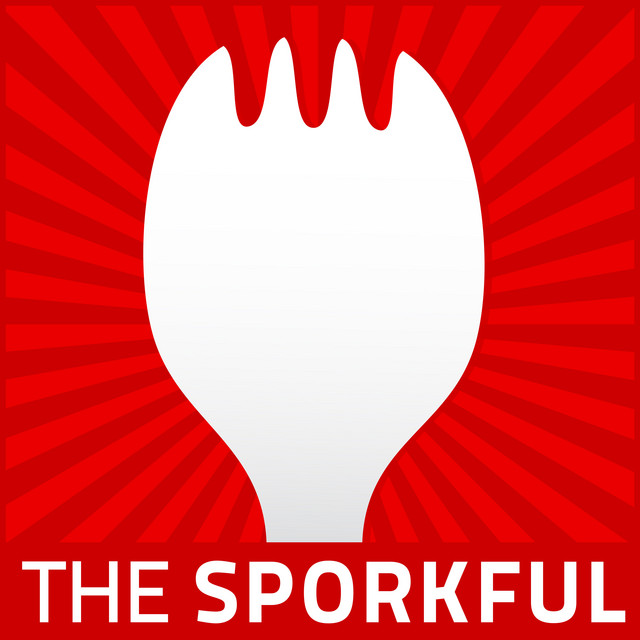
If you like pasta—and who doesn’t like pasta?!—I have a treat for you. Disappointed by the current array of available pasta shapes, Dan Pashman, host of the long-running, James Beard Award-winning podcast The Sporkful, embarked on a mission to create a new pasta shape and documented the surprisingly suspenseful and utterly delightful adventure in mini-series dubbed “Mission Impasta-ble.” Pashman formed his perfect shape based on sauceability (how readily sauce adheres), forkability (ease of getting and keeping it on a fork) and toothsinkability (how satisfying it is to sink your teeth into). Finding a shape that succeeds in all three categories proved to be an engineering challenge, and Pashman solicits the help of food-world celebs like Samin Nosrat, Sohla El-Waylly and Kenji Lopez-Alt to taste-test. The noodle even made TIME’s list of Best Inventions of 2021.
Read more about the best entertainment of the year: TV shows | Movies | Songs | Albums | Nonfiction books | Fiction books | YA and children’s books | Movie performances | Video games | Theater
8. Straightio Lab

Each week, comedians George Civeris and Sam Taggart invite a guest on their podcast to discuss some “crucial element” of straight culture, like “tabletop roleplaying games” “trust issues” or “ketchup,” segueing into bits like which condiments are straight, gay or bi. The premise is loose, the laugh-out-loud jokes pushed to the brink of absurdity. The episode with Ziwe Fumidoh on cryptocurrency—something her ex tried to get her into and that she correctly identifies as extremely hetero male—is bonkers in the best possible way.
7. Spectacle

The Cut columnist Mariah Smith compellingly argues that reality TV, still regularly dismissed as trash, is worthy of scholarship. That shouldn’t be such a radical notion just a few years after this country elected to the highest office a man most famous for his reality television series. And yet it still has not earned the same respect as (officially) scripted television. One episode focuses on how an HIV-positive Real World star reshaped the conversation around the AIDS crisis. Another, how controversial seasons of Survivor that divided tribes by ethnicity and income reflected deep political divides in America that would only grow deeper over the coming years. Placed within historical context, it becomes clear how what might simply seem like juicy tidbits from these shows actually reflected or even galvanized cultural change
6. POOG

Comedians and hosts Kate Berlant and Jacqueline Novak know that the idea of achieving one’s “best self” is a myth, each diet fad or beauty product that promises to help us reach that goal a mirage. And yet Berlant and Novak are so dedicated to the bit of obsessing over wellness trends that it’s sometimes hard to determine whether or not they’re joking when they swear allegiance to something called face yoga. (Turns out, a little bit of both.) Our relationship to the multibillion dollar wellness industry is complicated: ads for wellness products and the aphorisms doled out by their celebrity hawkers seek to build us up, even if its purveyors profit from our self-doubt. The show captures that complexity by both parodying companies like goop and worshipping at their altars at the same time.
5. The Just Enough Family
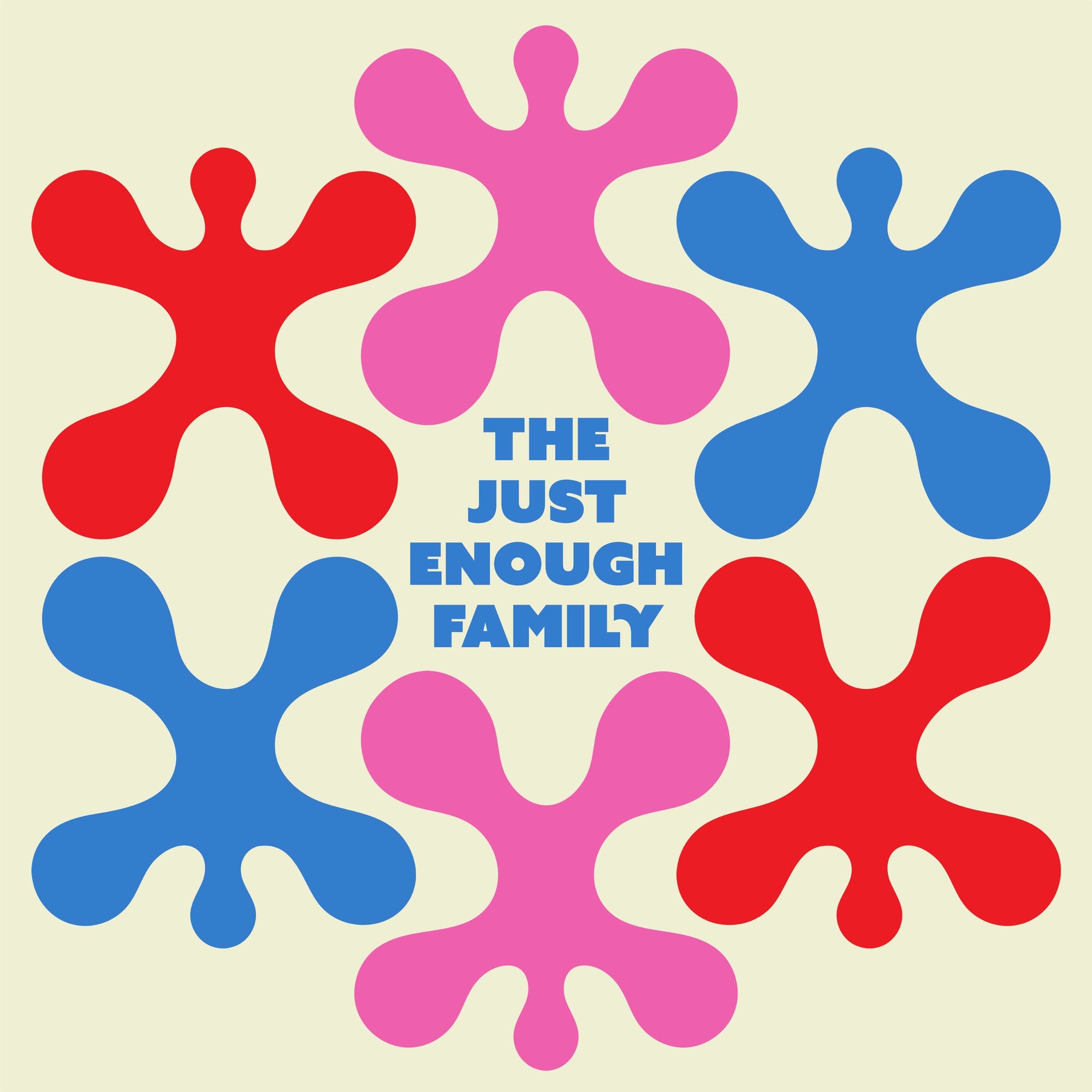
Succession fans will find much to love in this addictive series about the rise and fall of the Steinberg family in New York’s high society. Host and New Yorker writer Ariel Levy helps listeners understand corporate raider Saul Steinberg and his relatives, if not exactly empathize with them. (The podcast’s name refers to one member’s fantasy of growing up poorer than she actually was so that her relatives wouldn’t be constantly squabbling over the family fortune.) Levy is friends with Steinberg’s niece, heiress and maternity ware mogul Liz Lange—whose relatives used to celebrate the holidays with a cadre of other billionaires, many of whom wound up in prison and were later pardoned by President Trump. Perhaps that’s why Levy is able to extract such unguarded answers from Lange and her family members. Full of eccentric characters and dastardly schemes, this is a tale of how wealth erodes family connections.
4. Fighting in the War Room
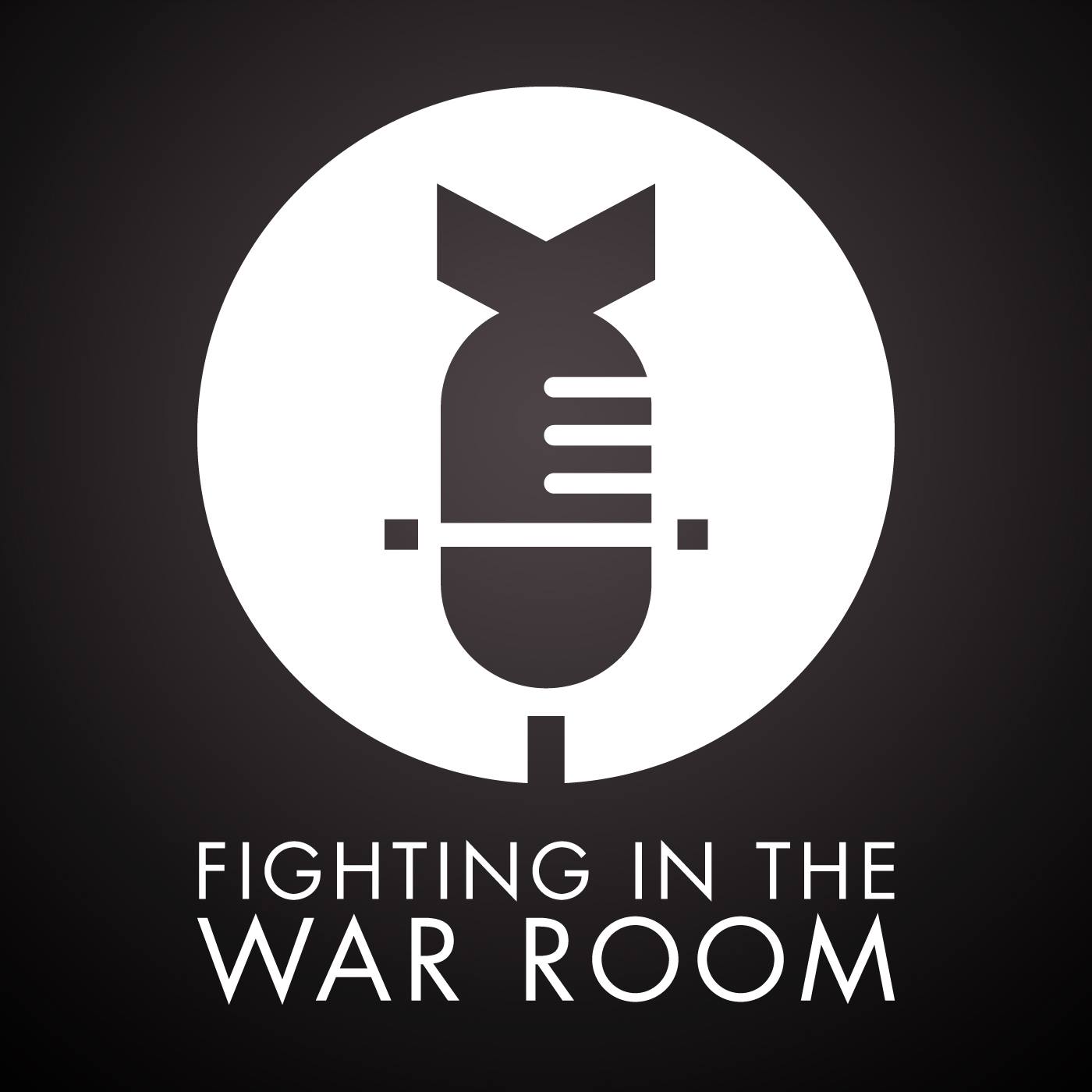
The superb culture conversation podcast Fighting in the War Room has been in my weekly podcast rotation for years. But the show has been a balm, in particular, during the pandemic, as the hosts found creative ways to cover shifts in our viewing habits and added charming bits like “Would this character be vaccinated?” Over 11 years on the air, friends and culture critics Katey Rich, Matt Patches, David Ehrlich and Dave Gonzales have developed an irresistible podcasting chemistry as they gleefully argue over the latest superhero film or Emmy snub. Their tastes run the gamut, so whether you’re a superhero superfan, a Criterion collection maven or both, someone will be in your corner. The music played between segments of the show is also terrific, a small touch that enlivens my dishwashing routine. The show is a spiritual heir to the enchanting squabbling between Gene Siskel and Roger Ebert.
3. Sway
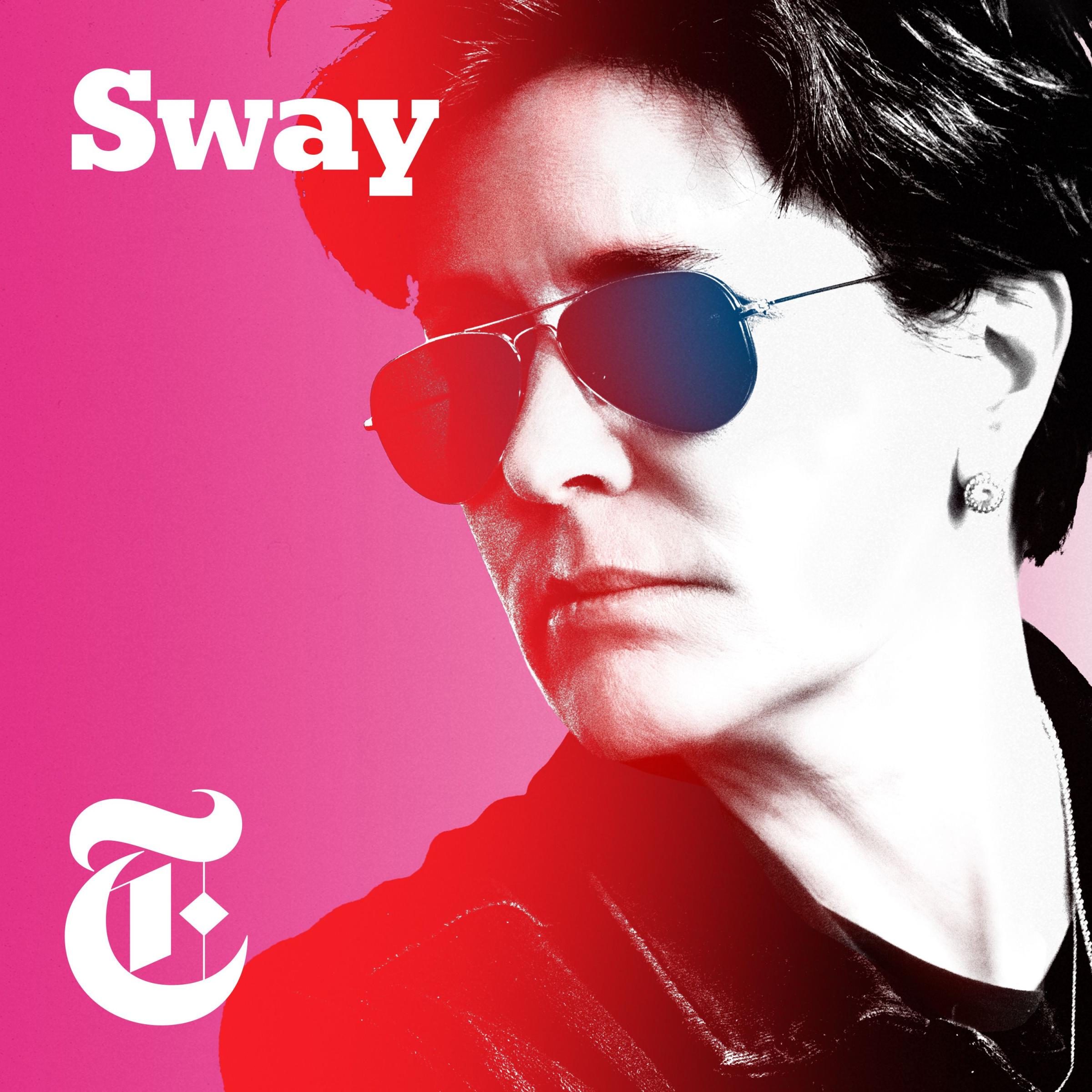
It’s difficult to get excited about an interview podcast—it seems every format has been done, every trick deployed. But Kara Swisher’s no-B.S. approach to conversations lends itself perfectly to this show, which touts itself as a series of interviews about power. Swisher made her name through productively combative conversations with the Silicon Valley elite. But here, she expands her reach beyond Tim Cook and Elon Musk to the worlds of media, business and politics. She’s well suited to it, especially when it comes to pushing would-be candidates on their evasive answers to her questions. She is one of the few journalists with the cache and guts to call out political hopefuls like Andrew Yang and Matthew McConaughey for vagueness and puffery and still line up an all-star guest for the next week.
2. S***hole Country

The narrator of S***hole Country uses a pseudonym, but whoever is behind this new audio memoir is one of the most promising storytellers in podcasting. The podcast turns on a difficult decision the Ghanaian-American host is facing: whether to stay in the U.S., where she’s lost her job as a copywriter, and along with it, her healthcare and ability to pay rent, or move to Ghana, where her parents are offering her a free apartment. Her beautiful rendering of her travels to her parents’ homeland (and its gilded parties) undermines the way certain Americans have characterized African nations. (The podcast borrows its title from Donald Trump’s infamous insult.) But the heart of this series is her own struggle with her identity as a child of immigrants. At once not quite assimilated enough to identify fully with the Black American experience and too ensconced in American pop culture and language to settle in Ghana with ease, the narrator offers a familiar and yet deeply personal tale of belonging.
1. 9/12

Dan Taberski of Missing Richard Simmons fame is a prolific podcaster, but 9/12 is his best show yet. He focuses not on 9/11 itself, but how the events of that day changed American culture. In one episode, he interviews writers at The Onion about struggling to write jokes after the Twin Towers fell and wondering whether they could ever be funny again. In another, he unspools the bizarre tale of how the CIA recruited A-list Hollywood creatives (including David Fincher, Spike Jonze and David Milch) to dream up the attacks America’s enemies might attempt next. Graver episodes examine the persecution of Muslim Americans and the rise of conspiracy theories. A genial but shrewd interviewer, Taberski paints a sometimes inspiring, often critical portrait of a society redefining its identity in the wake of tragedy.
Most Popular from TIME
More Must-Reads from TIME
- Cybersecurity Experts Are Sounding the Alarm on DOGE
- Meet the 2025 Women of the Year
- The Harsh Truth About Disability Inclusion
- Why Do More Young Adults Have Cancer?
- Colman Domingo Leads With Radical Love
- How to Get Better at Doing Things Alone
- Michelle Zauner Stares Down the Darkness
Write to Eliana Dockterman at eliana.dockterman@time.com